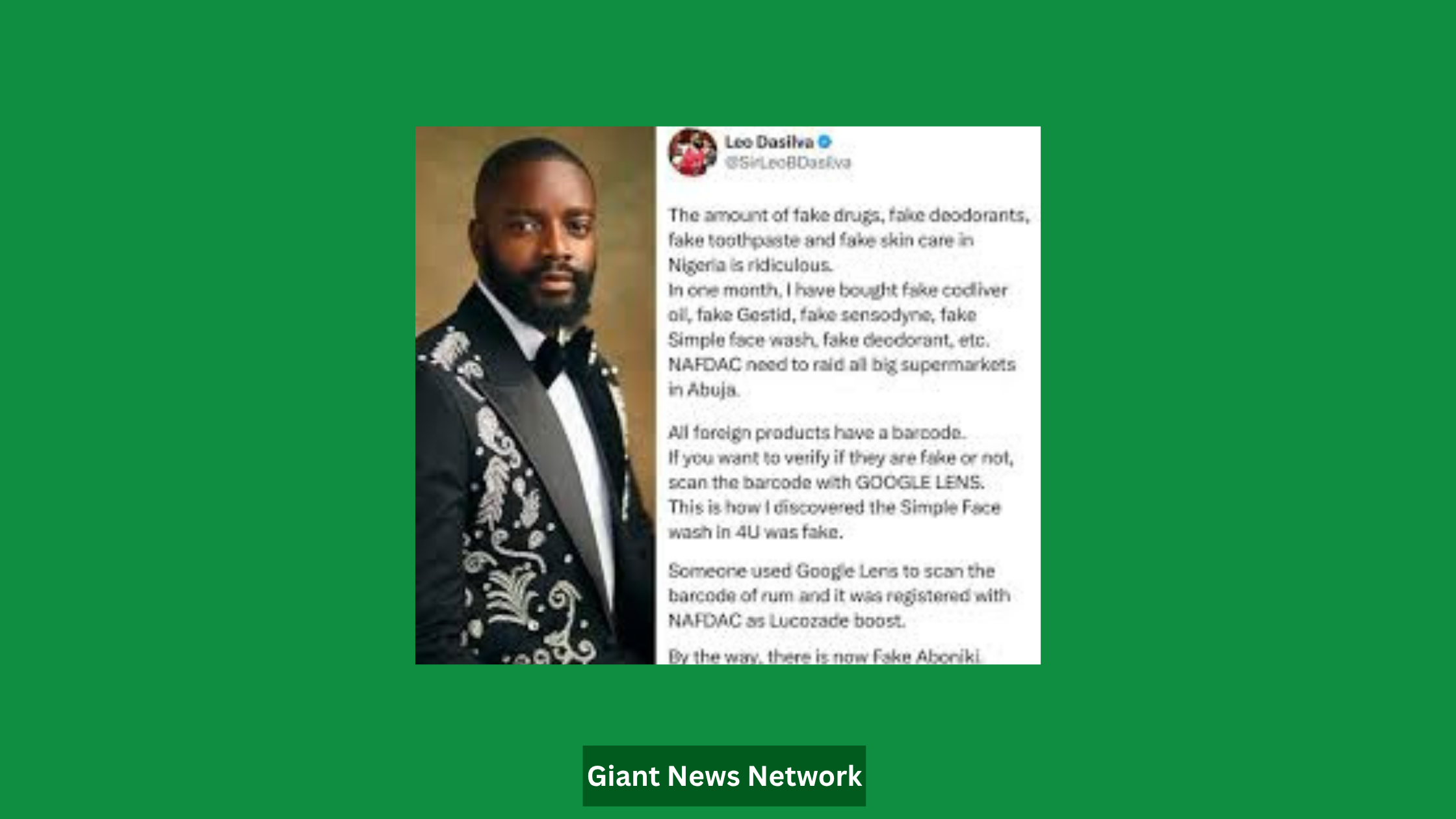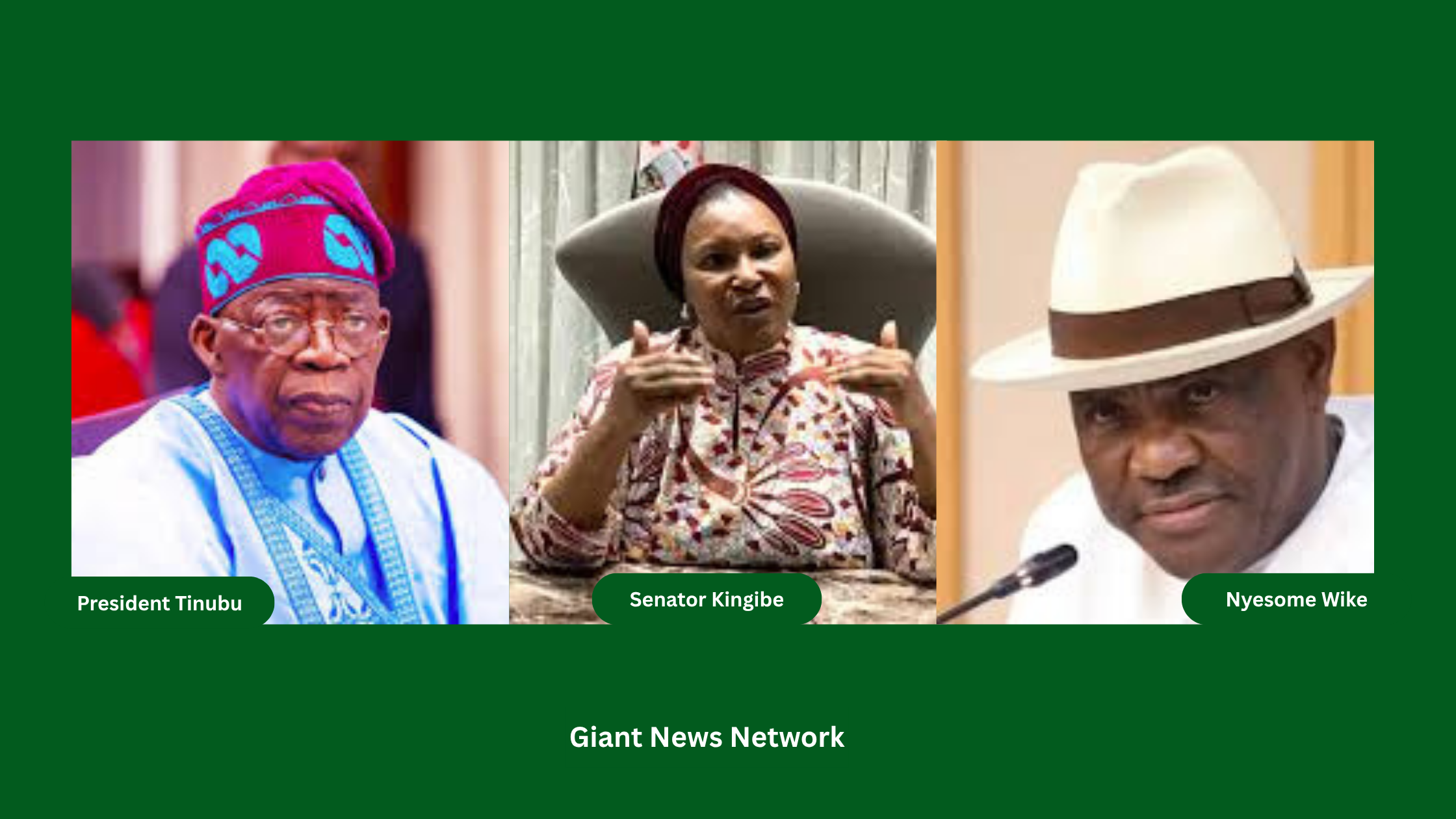In a scathing critique of Nigeria’s deteriorating education system, seasoned educationists have blamed the rampant abuse of Artificial Intelligence (AI) and social media for the alarming drop in students’ academic performance. The warning was issued Thursday in Abuja during interviews with the News Agency of Nigeria (NAN), as educators decried the rise in exam malpractice, academic laziness, and moral decay among students.
While AI and social media have revolutionised communication and learning, experts say their misuse — especially among youth — is turning them into tools of academic sabotage.
Associate Professor Sadiq Mohammed of the Department of Agricultural and Bio-resources Engineering at the Federal University of Technology, Minna, didn’t mince words:
“We’re witnessing an era where students leave urban areas for remote ‘magic centres’ just to sit exams with pre-written answers. They gain admission with impressive grades but can’t keep up once they’re in.”
According to him, technologies meant to aid development are now breeding mediocrity and promoting shortcuts. AI apps, he said, are being weaponised by students to avoid actual learning — relying on automated content generators to write assignments and exams.
Mohammed called on the federal government to urgently empower education stakeholders with tools to curb the misuse of AI and enforce academic integrity.
“It’s time to start scrutinising research papers, fighting the copy-paste culture, and promoting real learning over artificial results,” he warned.
🎓 Parental Complicity and Institutional Decay:
Retired principal Judy Eke shed light on an even more disturbing trend — the role of parents in fueling this decline.
“Some parents fund these fraudulent practices, giving their children money and mobile data to ‘cheat smart’. Even educated parents hire mercenaries to sit exams for their kids,” she lamented.
Eke added that the nation’s overemphasis on grades rather than skills is pushing young people into digital academic fraud.
“Social media has killed the culture of hard work. Kids now believe every answer they Google is gospel truth.”
She called on the government to declare a state of emergency in the education sector, citing a moral crisis that is compromising the nation’s future.
📱 Misinformation and Mental Distraction:
For Adebayo Olawole, a secondary school teacher, the issue isn’t just academic laziness — it’s also intellectual pollution.
“Students spend four to five hours on TikTok and Instagram daily but can’t read for 30 minutes. They’re addicted — and it shows in their grades.”
He stressed that while social media offers connectivity and learning opportunities, it has become a major source of distraction, misinformation, and even cybercrime.
“Students no longer engage with textbooks. They Google everything or use AI to complete tasks — losing the ability to think critically or write creatively,” he said.
Olawole urged the authorities to regulate social media platforms and reignite a culture of hardcopy reading in schools, stating that the soft-copy reliance is encouraging laziness and discouraging deep thinking.
With over-reliance on technology, rising parental complicity, and institutional complacency, Nigeria’s education sector stands at a dangerous crossroads. While AI and social media can be powerful tools for learning, experts agree: without regulation, mentorship, and discipline, these tools will continue to erode the nation’s academic foundation — one click at a time.
The call to action is clear: restore standards, instil discipline, and rescue Nigeria’s future from digital decay.















